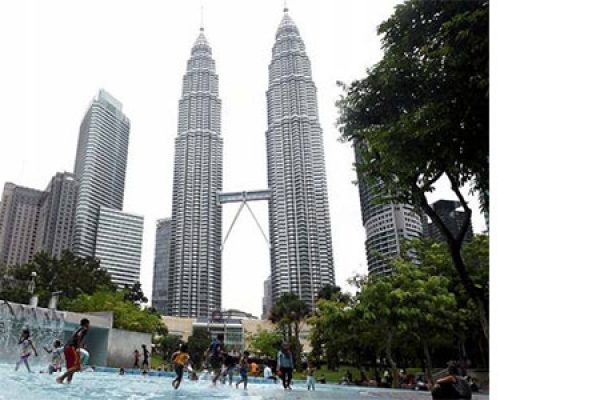By Teoh Pei Ying
Research for Social Advancement (REFSA) has supported the Pakatan Harapan (PH) members of parliament’s proposal for a “Kuala Lumpur 2024 Bipartisan Committee” to co-govern the capital city.
“Whether the Federal government is Perikatan Nasional or Pakatan Harapan, it should consider the proposal seriously for the betterment of the capital city and wellbeing of city folks, especially for the coming post-Covid-19 scenario,” REFSA adviser, Wan Hamidi Hamid said in a statement today,
This idea, he said, was a good place to start the conversation about the future of Kuala Lumpur that was made a territory directly ruled by the Federal Government on Feb 1, 1974.
“REFSA has been advocating a state government for Kuala Lumpur for more than half a decade, including organising a public forum on Feb 1, 2015, titled ‘Beyond Local Government: Making Kuala Lumpur a State’.
“Why do we need this very important change? With disastrous urban planning caused by the interventions by former Federal Territory Minister Datuk Seri Tengku Adnan Mansor who has been convicted of graft by court, it is high time we review the existence of the Federal Territory Ministry.
“Furthermore, the ministry is not directly accountable to the people of Kuala Lumpur who should have their right to choose the government that serves them. The real power in charge of Kuala Lumpur is Putrajaya,” he said.
Citing New Delhi and Canberra, the capital cities of India and Australia, which both countries, like Malaysia, are members of the Commonwealth as example, Wan Hamidi said their city governments were fully elected.
“The Australian Capital Territory (ACT) Government and New Delhi Government are state-government equivalents.
“Our neighbouring Asean countries too have elected capital city governments. Jakarta, Bangkok and Manila have their capital governors and assemblies elected by the people.
He said, currently, the interests of all groups in Kuala Lumpur are not being represented as there is no accountable government at the “state” and local levels.
Stressing that Kuala Lumpur deserved to be a state government, he said, City Hall (DBKL) ran a budget that was the highest among all the state governments in Peninsula Malaysia, with RM2.97 billion last year and RM2.65 billion allocated for this year.
“In terms of population, with 1.78 million people in 2019, Kuala Lumpur is larger than the states of Perlis, Melaka, Negeri Sembilan and Terengganu.
“For those who argue that Kuala Lumpur does not have enough Malay population, the fact is that the Malay/Bumiputera population makes up a large proportion of Kuala Lumpur’s population – 47.5% – compared to other groups,” he said.
He said in place of the unaccountable rule by the Federal Territory Ministry, DBKL should be upgraded to an elected Westminster-style “state government”.
“This government can have 40 elected members, and from among the members a chief minister is elected, just like those in Canberra and New Delhi.
“This ‘state government’ of Kuala Lumpur will have the status and power to manage and grow the most important city of Malaysia based on the wishes of the voters.”
Full Press Statement is available here.
– Published in New Straits Times on 31 January 2021.

